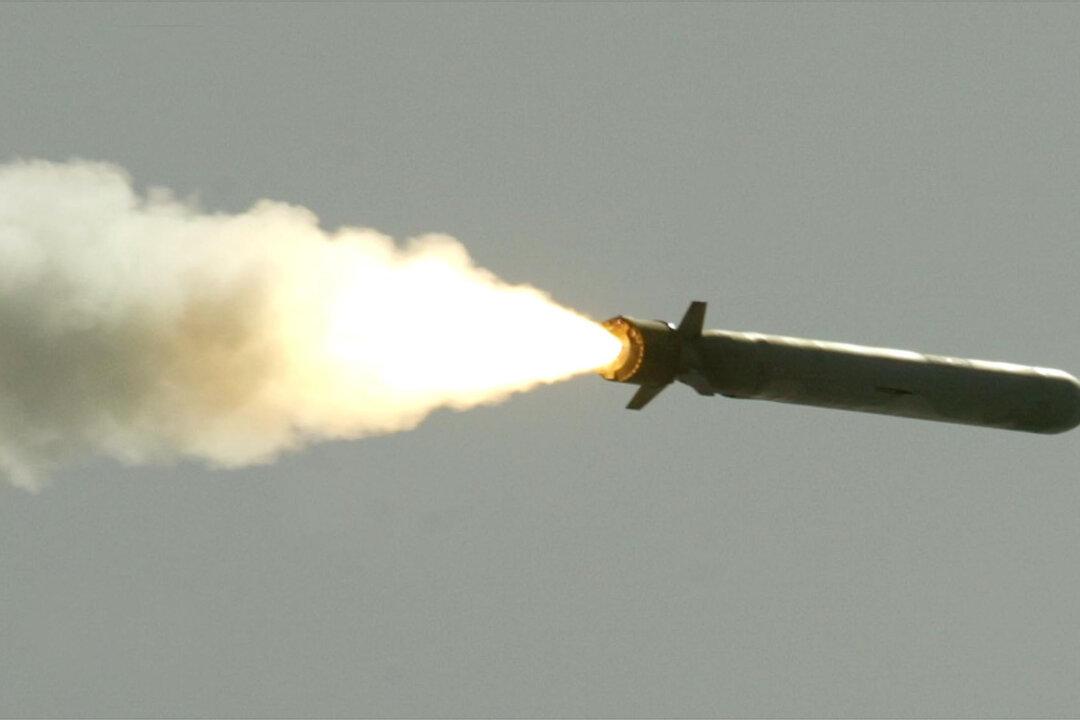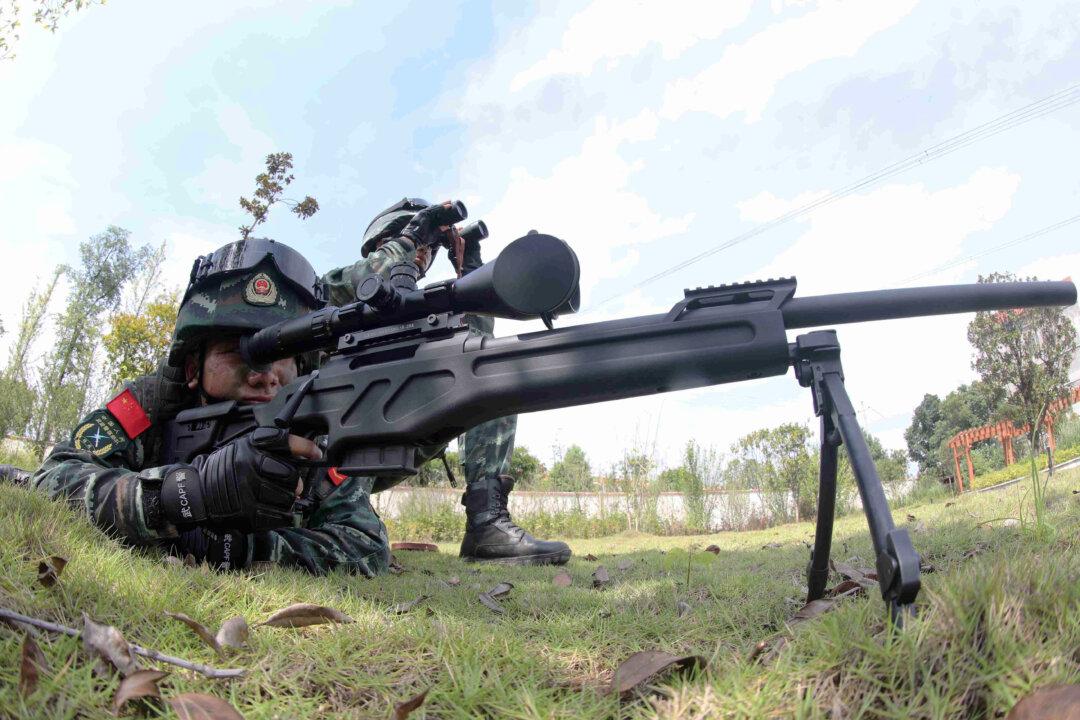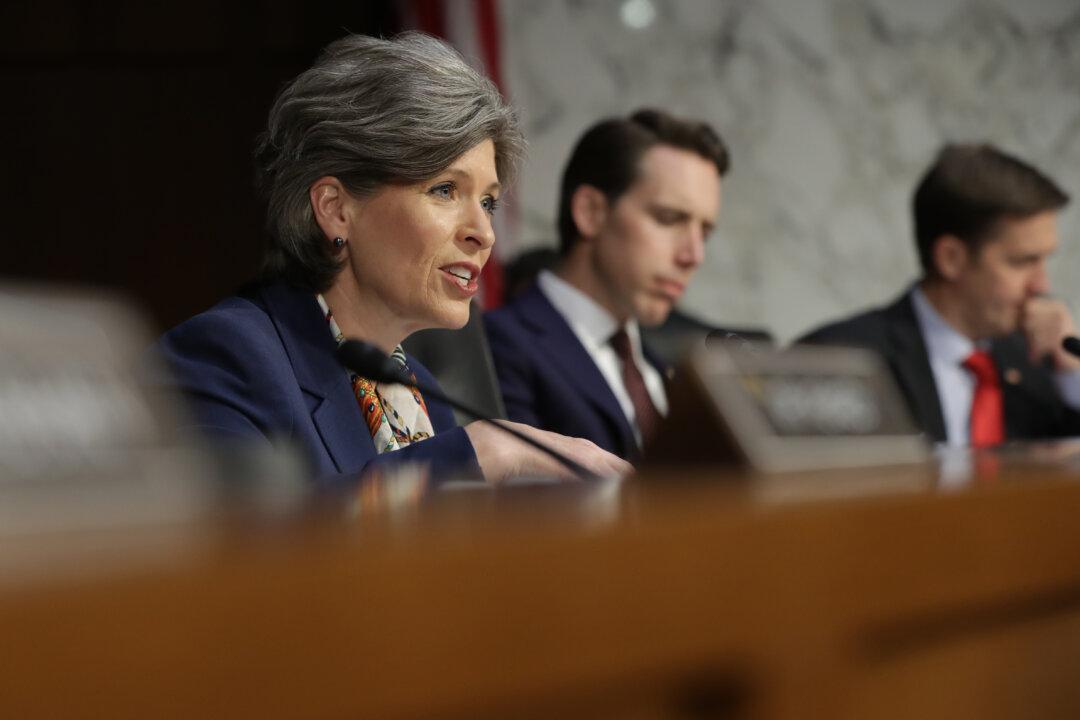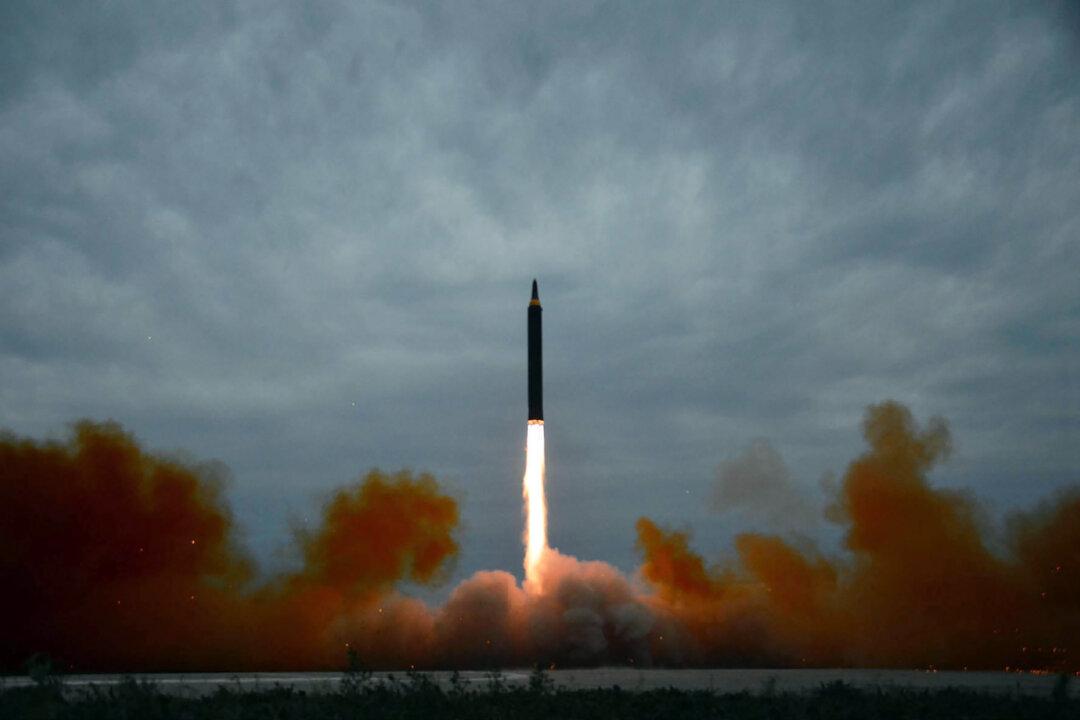WASHINGTON—Sen. Tom Cotton (R-Ark.) gave a muscular speech sounding an alarm over the conventional balance of power in the Indo-Pacific region in the aftermath of the U.S.’s withdrawal from the Intermediate-Range Nuclear Forces (INF) Treaty with Russia, at the Heritage Foundation on March 13.
Cotton described an agreement that had represented a victory of U.S. diplomacy over the Soviet Union in the 1980s, but has since been violated by the Russians since 2008 and no longer serves U.S. interests, saying:




